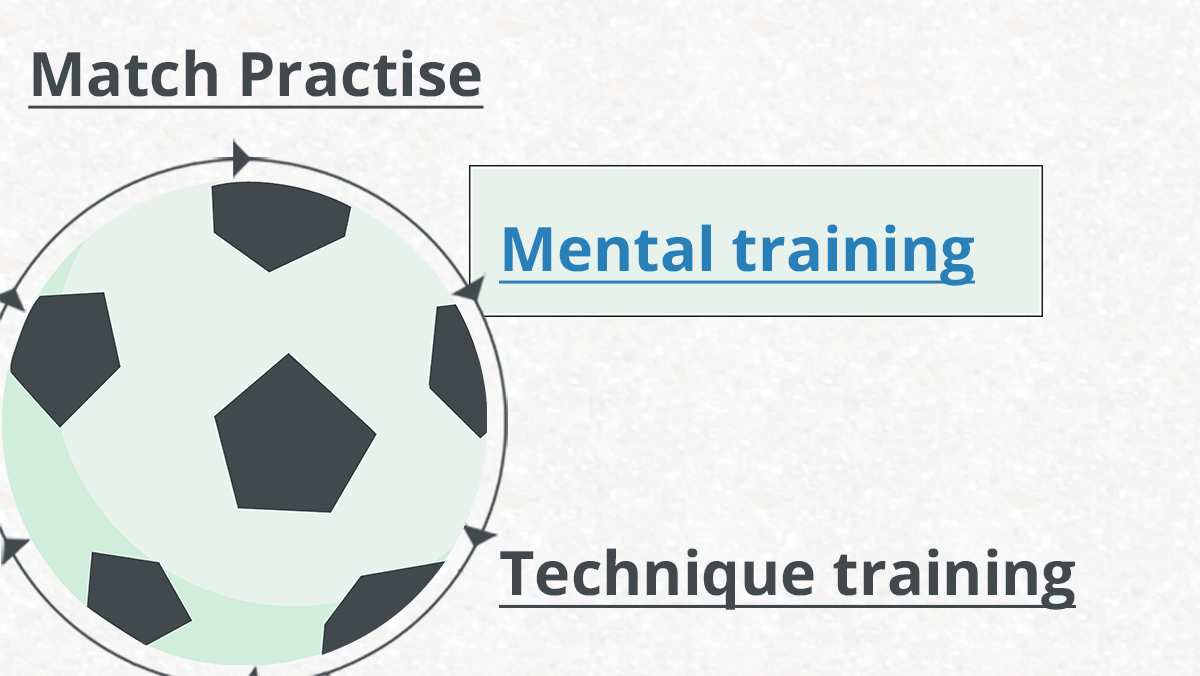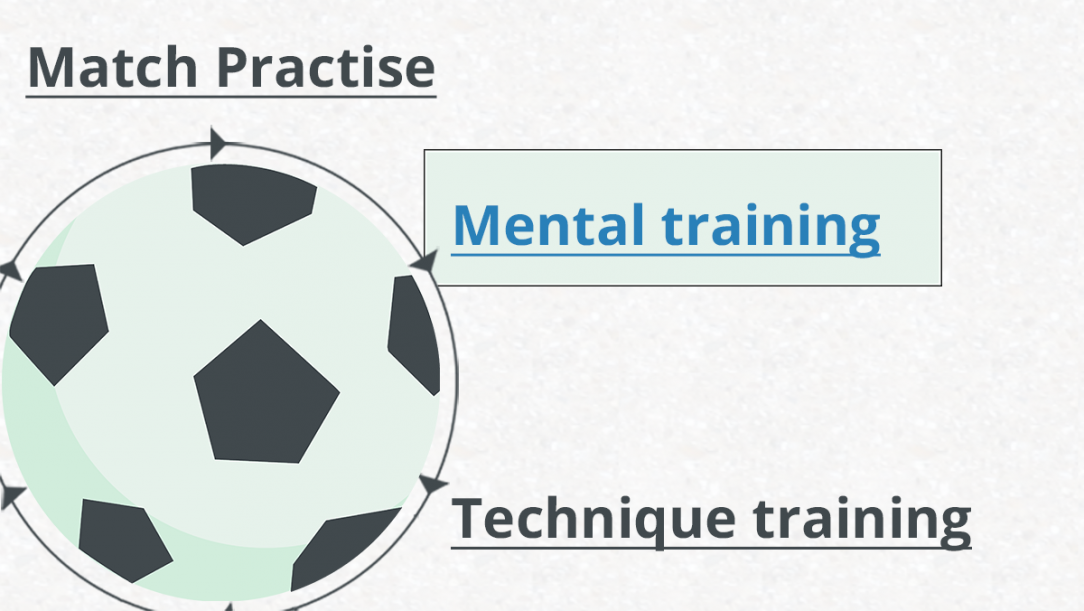
Illustration: Giske Defending.
The mental skills involved in the game of football have slowly started to attract more and more attention. Traditionally, we think that learning takes place on the field and is predominantly related to our skills and footwork. That is only part of the truth.
In reality, learning is a mental process through which we both consciously and unconsciously adapt to our environment, our mistakes, and our observations.
Scientists will tell you that your brain is a complex communications network that forms connections between brain cells. The brain is also a muscle that needs exercise to develop. However, it is important that you understand that everyone has different learning styles and different ways of working. As such, you need to exercise your brain in the way that is best suited to your preferred way of learning.

You need to exercise your brain in the way that is best suited to your preferred way of learning.
It’s not often that we contemplate how we learn and why we find some things easier to master than others. On the whole, our thought processes are automatic and much more unconscious than they are conscious.
Visualisation has become very popular as a training method in recent years. It involves asking players to visibly imagine themselves in various situations. This approach is something that I used quite intensively as part of match preparations during my career.
I played as a marking player for many years; as such, I spent a lot of time in advance of matches thinking carefully about the strengths and weaknesses of my competitors. For example, if I knew I was going to playing against a player who had good heading skills, in advance of the match, I would spend extra time during my training sessions practicing the tactical skills I would use to prevent the player from getting his head to the ball. The technical side of my preparation involved investing a little more of my training time on jumping and heading skills.
During my time as a professional football player, I also invested significant time and effort in retrospectively evaluating my performance after a match or training session. I would analyse which elements of my game had let me down and try to figure out what I could have done differently. These evaluation exercises helped me to mentally master my game and motivated me to try out new ideas and sequences.
I discovered at an early stage in my career that mental training is actually quite energy intensive. This was especially the case ahead of important games. In my younger days, I often found the mental aspect of the game a little too much to take. Before some games, I felt overwhelmed as I sat in the hotel room thinking through what may play out on the pitch.
As I gained experience as a player, I learned that players need to balance the mental side of training in the same way they balance the physical.
You wouldn’t work flat out three hours immediately before an important match only to find you’ve exhausted yourself before the kick-off. In the same way, while you do need to mentally train yourself in advance of a game, you also need to give your thought processes a break.
I learned that players need to balance the mental side of training in the same way they balance the physical.
The lesson is clear: You need to find the right balance!
For my part, I am convinced that mental training was the key to my success as a professional player. This was especially the case during times of injury. This form of exercise helped to motivate me and enhanced my belief that the doors to a higher level were right in front of me; I just needed to find the right keys.
Visualisation is an important form of exercise that may work better for some than it does for others. We are all different. We think differently, and we have different learning styles. Your challenge is to invest in your mental training to find your ideal learning style and to use it to grow!
For my part, I am convinced that mental training was the key to my success as a professional player.

